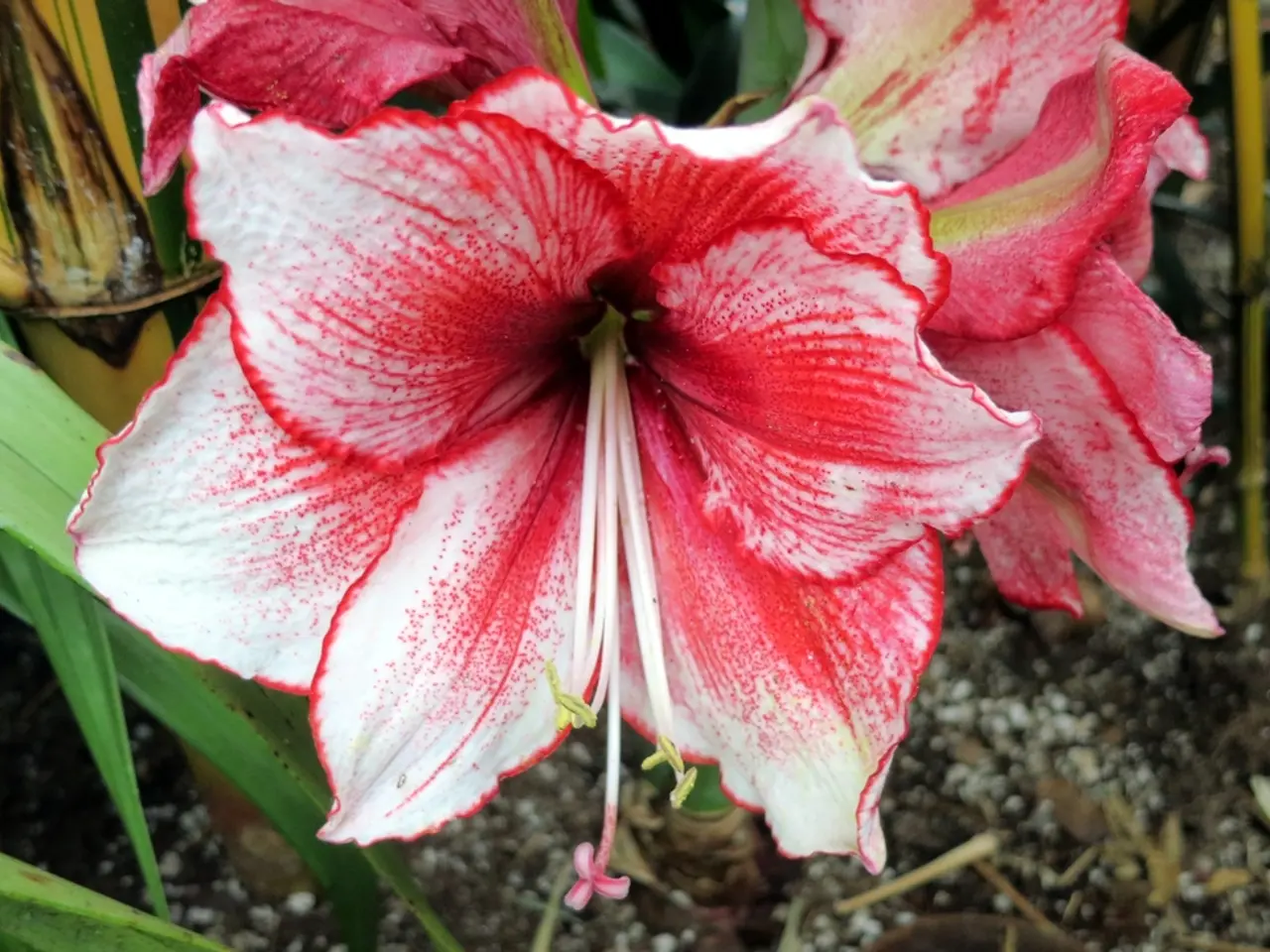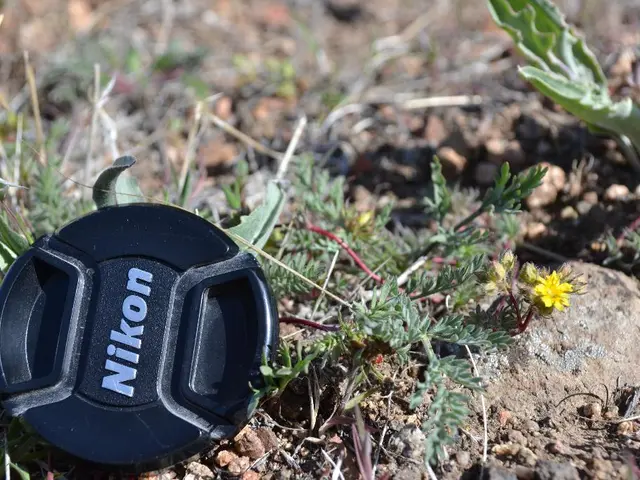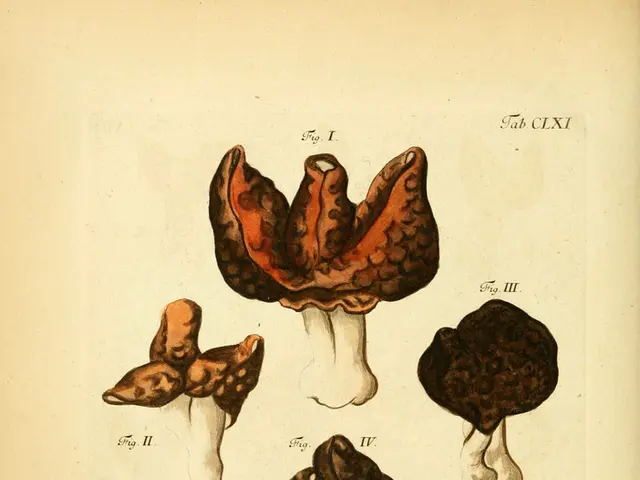Optimal Soil Compositions for Vibrant Pothos Plant Development
In the quest for a thriving pothos plant, the soil plays a crucial role. A well-balanced soil mix is essential for promoting healthy growth, and for pothos, that means a combination of organic and inorganic ingredients.
For a well-draining, nutrient-rich soil that retains moisture and improves aeration and drainage, the ideal ingredients include organic matter such as coconut coir or coconut husk chips, worm castings or compost, inorganic additions like perlite, pumice, or calcined clay, and optional orchid bark to further enhance aeration.
Coconut coir and husk chips offer excellent moisture retention while maintaining air flow around the roots, providing the perfect balance for pothos plants. Worm castings and compost offer long-lasting, natural nutrients to feed the plant, ensuring its continued growth. Perlite, pumice, and calcined clay improve drainage and keep the soil light and airy, preventing compaction and root rot. Orchid bark, when added, boosts aeration and prevents compaction, further enhancing the soil's overall quality.
A good mix often includes a balance of these elements. For example, a 1:1 ratio of potting mix with perlite ensures both moisture retention and drainage. For pothos and other tropical/aroid plants, a chunky mix containing coconut coir, husk chips, pumice, perlite, and recycled forest materials is ideal, providing moisture, aeration, and nutrient richness all at once.
Peat moss, perlite, and vermiculite are excellent components for well-drained soil, while horticultural charcoal is useful for plants in pots without drainage holes, such as terrariums and dish gardens, as it eliminates stagnant water and improves soil oxygen levels. Sphagnum moss is another horticultural product that is often used to retain moisture in potted plants and has a neutral pH level.
When creating a soil mix for a pothos plant, consider using a combination of horticultural charcoal, sphagnum moss, and coco coir along with other ingredients like perlite, orchid potting mix, and indoor potting mix to create a well-draining soil with the right balance of moisture and nutrients. The soil should be chunky and well-aerated with plenty of air pockets to ensure that when you water your plant, the water drains within a few seconds and the top half of the soil dries out within a week to 10 days.
Pothos plants thrive in soil with a pH of 6.1 to 6.8. Coco coir, made from coconut husks, provides increased water retention and aeration, is pest-resistant, and has a neutral pH level. Perlite improves soil aeration and drainage, while coco coir can be used as a mulch to keep the soil moist and protect it from the sun's radiation.
In summary, a premium soil blend for pothos should include coconut coir or husk for moisture retention and organic matter, worm castings or compost for nutrient-richness and improved soil fertility, perlite, pumice, or calcined clay for enhanced aeration and drainage, and optional orchid bark for boosted aeration and prevention of compaction. This combination ensures the soil remains light, well-aerated, nutrient-dense, and moisture-retentive, which supports healthy growth of pothos plants. Always remember to choose a pot with drainage holes to prevent your pothos from sitting in soggy soil, and to select a potting mix that is well-draining and rich in nutrients for optimal results.
For a home-and-garden enthusiast looking to create an ideal soil mix for a pothos plant, a premium blend should incorporate coconut coir or husk for moisture retention and aeration, worm castings or compost for long-lasting nutrients, and perlite, pumice, or calcined clay for improved aeration and drainage. This lifestyle choice provides the plant with a nutrient-rich, well-draining soil that retains moisture, supports healthy growth, and encourages a thriving pothos.








